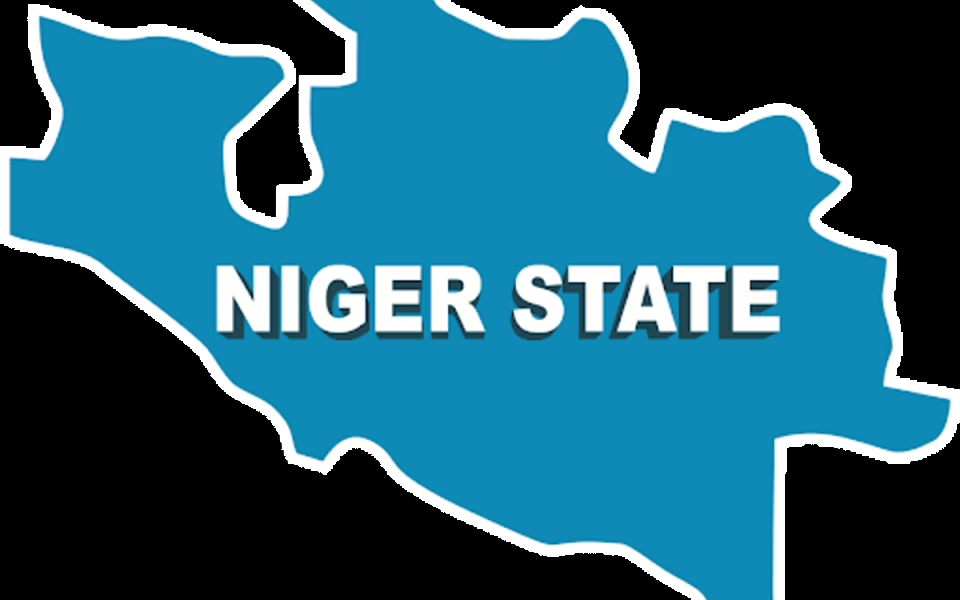Underdevelopment of agricultural research institutes across the country has been attributed to politics by the supervising Ministry of Agriculture and Food Security, through incessant appointment of acting chief executives.
Former director of Niger State Ministry of Agriculture, Abdullahi Mohammed, in an interview, yesterday, noted that institutes such as National Cereal Research Institute (NCRI), Badeggi, Niger State, with an acting chief executive for over a year, ought to have a substantive director to enhance service delivery in rural communities.
Mohammed lamented the decayed facilities in the country’s research institutes, adding that “they have lost their importance.”
He accused the Federal Ministry of Agriculture of using research institutes as a conduit pipe, negating the development of its establishment.
The retired director stated: “It has been discovered that 90 per cent of acting chief executives in Nigeria do not perform up to expectations because they spent most of their time scheming to be retained as chief executives or be confirmed as substantive chief executives.”
According to him, it is a deliberate attempt to withhold the interviews and aptitude tests conducted for almost a year without appointing a substantive director of NCRI, turning it into a conduit pipe.
He noted NCRI as a foremost research institute, initially established in Lagos during the colonial era as Botanical Garden and was moved to Ibadan in 1954, until 1984 when the headquarters was moved to Badeggi.
Since the institute was moved to Niger, he further disclosed, it has 10 outstations in the six geo-agro ecological zones of the country, with a mandate for genetic improvement to produce rice, sugar cane, acha and soybean.
Mohammed said an institute like NCRI, which was supposed to be one of the best-performing research institutes in the country, had rather become non-productive with agitations from host communities, while the acting CEO battles to remain in office.
Acting Director of NCRI, Badeggi, Dr Emmanuel Abo, attributed the no- performance of the research institutes to the non-release of funds and the inability to implement the budgetary allocation.











